As the world hurtles towards a future where genetic engineering could hold the key to eradicating diseases, a West Coast biotech entrepreneur is taking a bold step into the unknown. With a $30 million investment, he's launching a public-benefit company to study the safe creation of genetically edited babies, a move that's both groundbreaking and contentious.
Behind the scenes of this ambitious venture is Preventive, a company formed to research heritable genome editing, a technique that involves modifying the DNA of embryos to correct harmful mutations or install beneficial genes. The goal is to prevent disease, but the procedure remains shrouded in controversy. The first scientist to attempt it, He Jiankui, was imprisoned for three years in China, and the practice is still illegal in many countries, including the US.
At the heart of Preventive is the vision of its founder, a biotech entrepreneur who wants to harness the power of genetic engineering to improve human health. He believes that by correcting genetic mutations, his team can prevent inherited diseases that affect millions of people worldwide. "We're not talking about creating superhumans or designer babies," he says. "We're talking about using this technology to prevent suffering and save lives."
But Preventive's mission is not without its challenges. The company faces intense scrutiny from the scientific community, regulatory bodies, and the public at large. Many experts question the ethics of tampering with the human genome, and there are concerns about the long-term consequences of such interventions.
One of the key challenges facing Preventive is the lack of regulatory clarity around heritable genome editing. In the US, for example, the FDA has yet to issue guidelines on the use of gene editing in human embryos. This regulatory vacuum has left many scientists and companies hesitant to explore this technology.
Despite these challenges, Preventive is forging ahead, driven by a sense of urgency to address the growing burden of genetic diseases. The company's researchers are working tirelessly to develop new techniques and tools that will enable them to safely and effectively edit the human genome.
Meanwhile, in a different corner of the tech world, a startup called Still Bright is tackling a pressing environmental issue: the pollution caused by copper production. Copper is a crucial material in the production of electronics, but its extraction and processing have devastating environmental consequences. Still Bright's founders believe they have a solution: a new way to clean up copper that's both efficient and sustainable.
The company's technology uses a combination of machine learning and advanced materials science to remove impurities from copper, reducing the amount of waste generated during production. This not only helps to minimize environmental damage but also makes the entire process more cost-effective.
"We're not just trying to clean up copper; we're trying to revolutionize the way it's produced," says one of Still Bright's co-founders. "Our goal is to make copper production a sustainable and environmentally friendly process that benefits both people and the planet."
As the world grapples with the complexities of genetic engineering and the environmental impact of copper production, companies like Preventive and Still Bright are pushing the boundaries of what's possible. Their innovations may seem radical, but they hold the key to a better future – one where diseases are preventable, and the environment is protected.
In the end, it's not just about the technology; it's about the people and the planet that will benefit from it. As we hurtle towards a future filled with promise and uncertainty, one thing is clear: the choices we make today will shape the world of tomorrow.
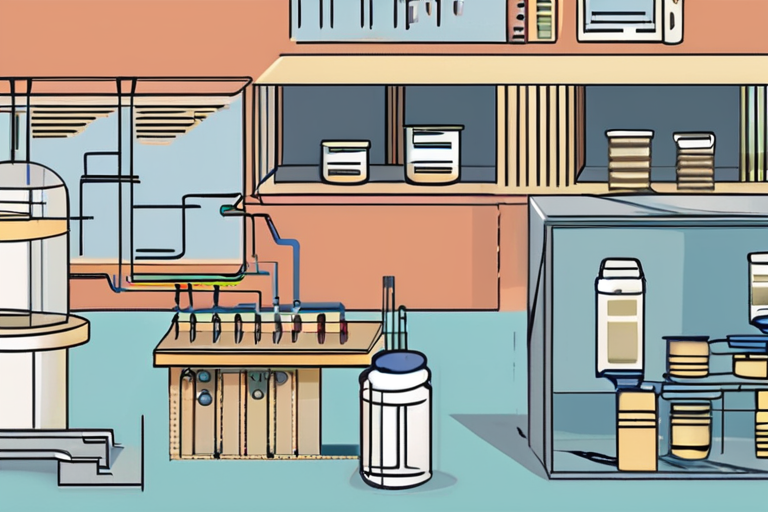



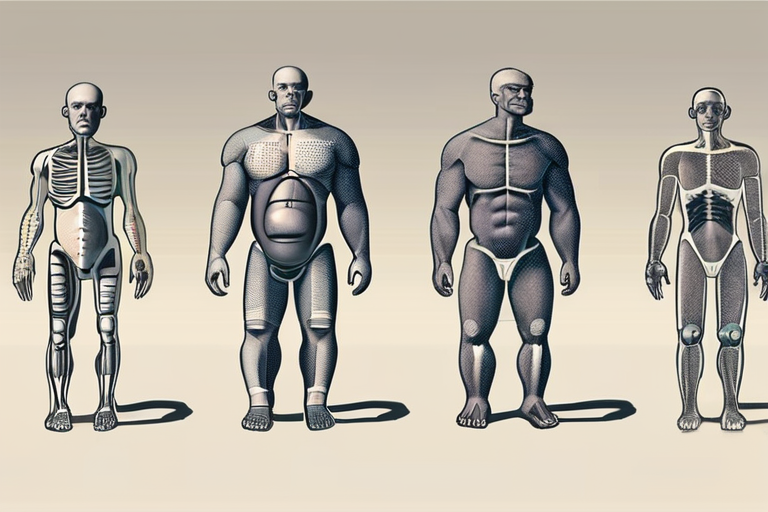



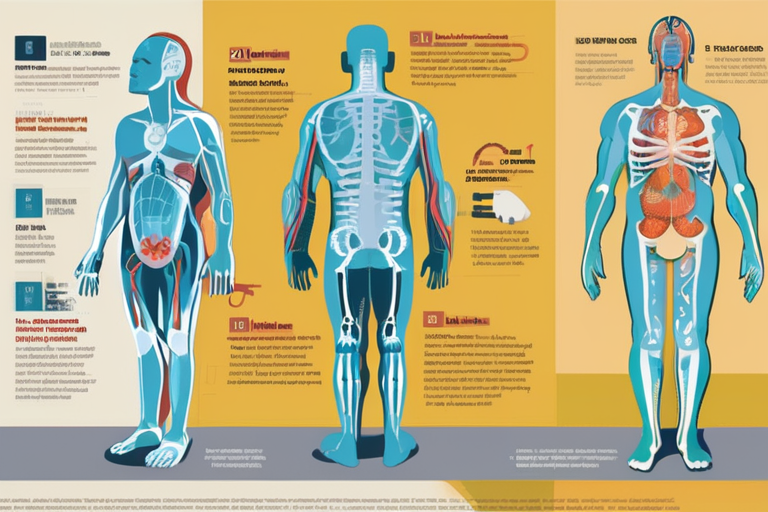
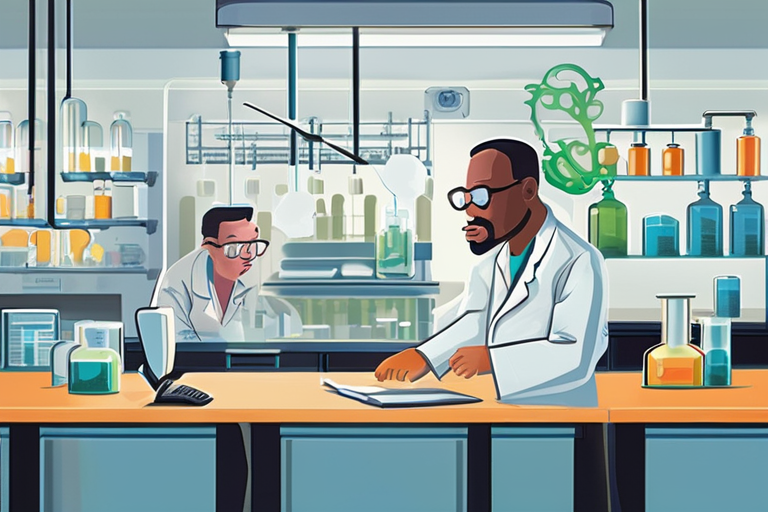
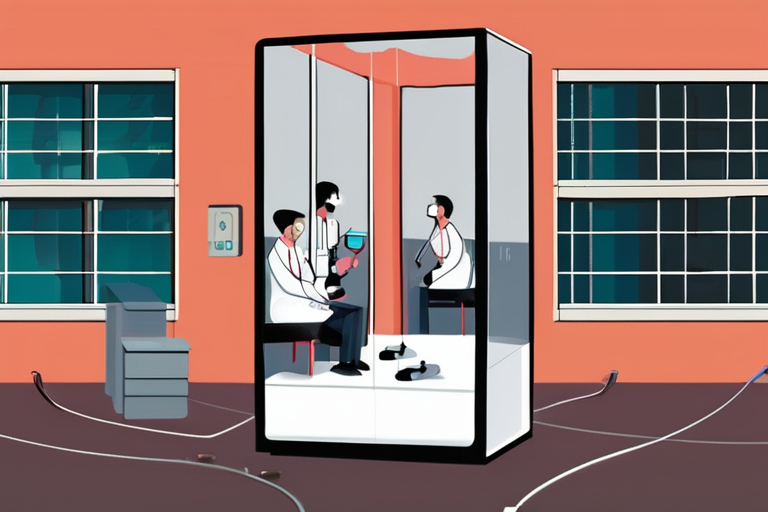
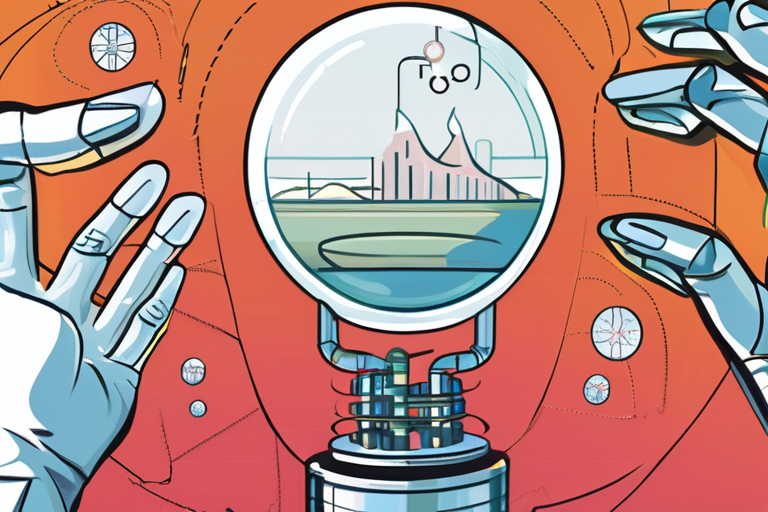
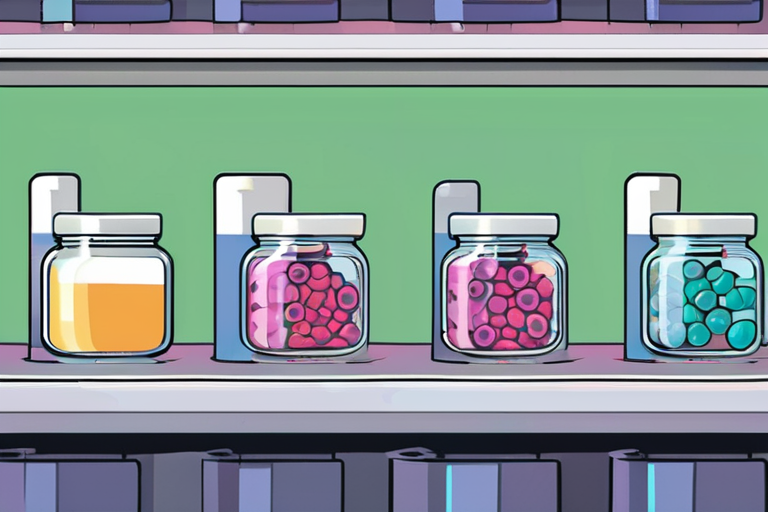
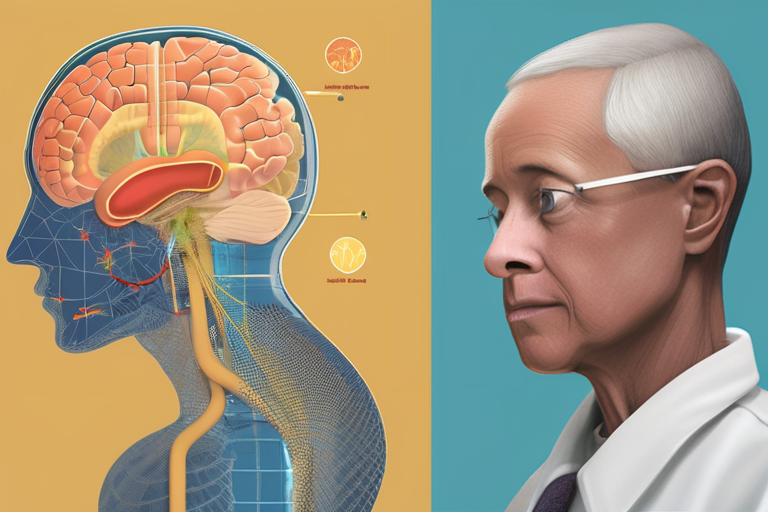

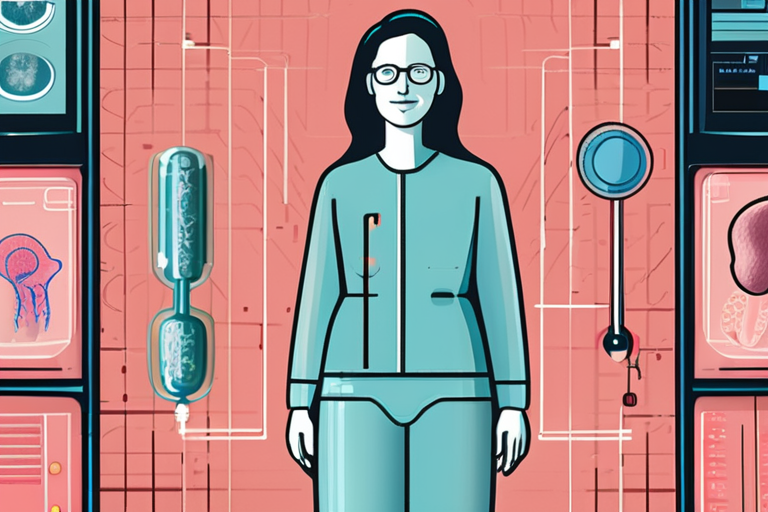
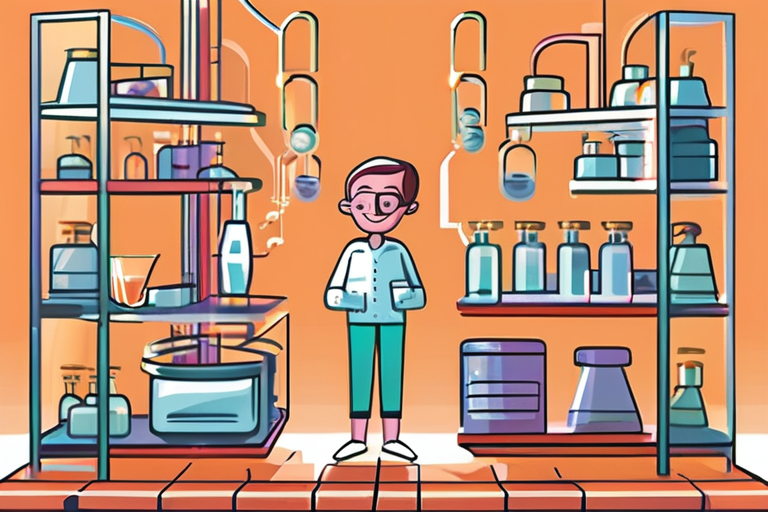
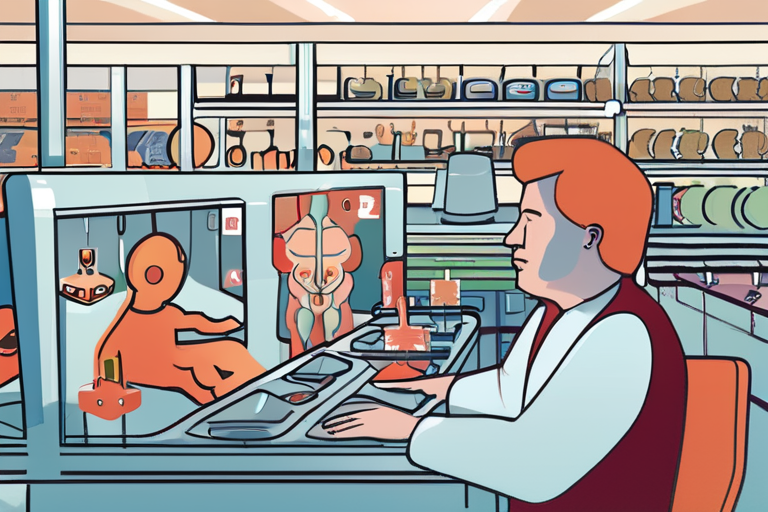
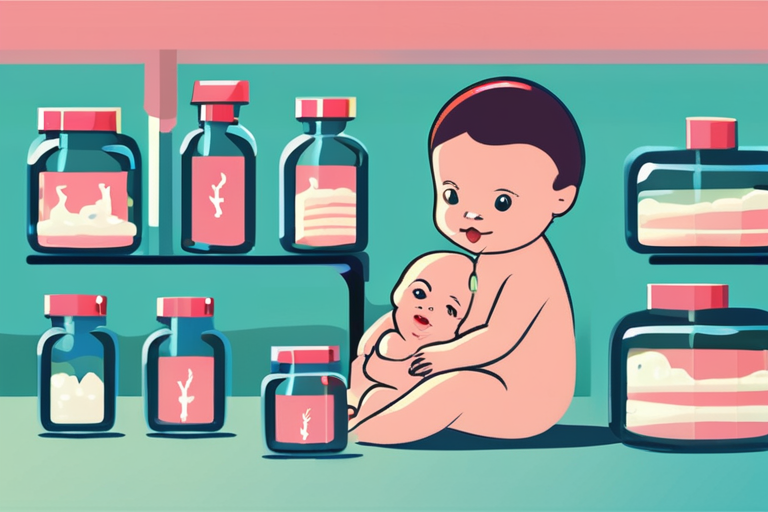

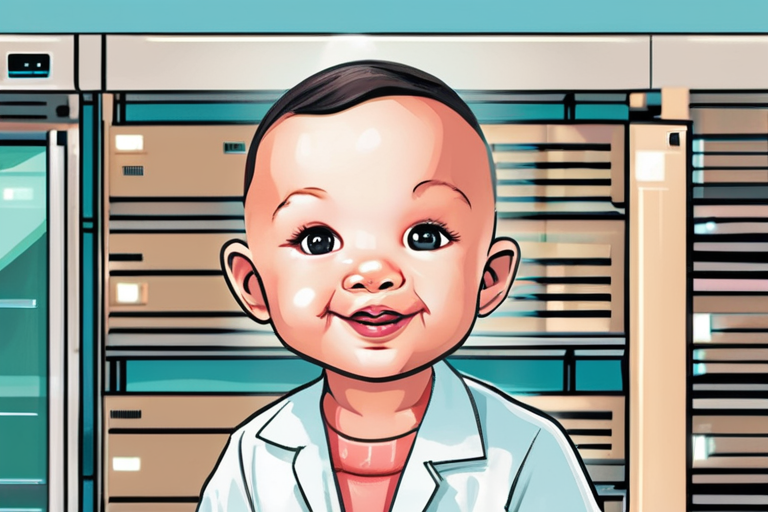
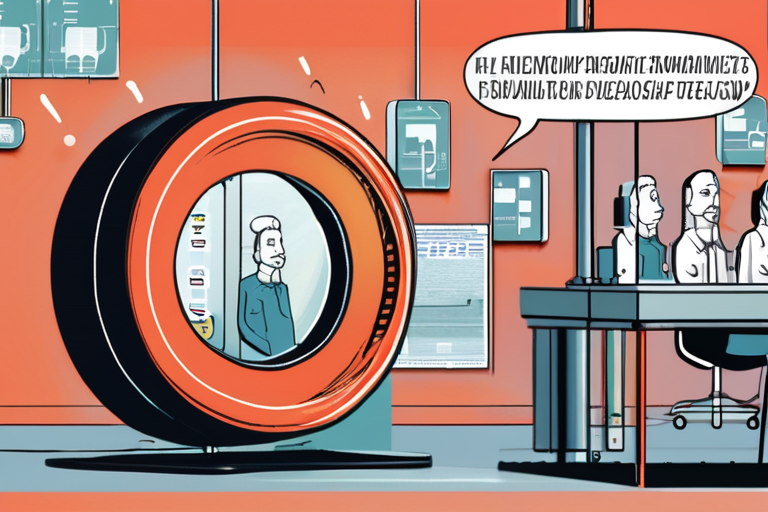
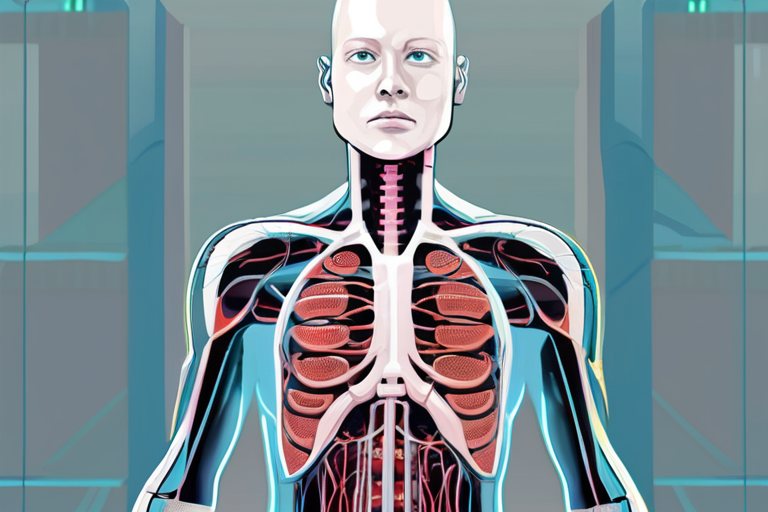



Share & Engage Share
Share this article